Today’s feast – the Epiphany – is often called: ‘the Feast of the Kings’ referring to the Magi. They are presented to us as being three Wise Men that legend describes as kings.
If we accept this, the text of Matthew’s gospel today (Mt.2:1-12) refers to… five kings! You are puzzled…
Well, the three Magi, and… King Herod, and the one the Wise Men inquire about as being “the king of the Jews”!
The word ‘Epiphany’ means ‘manifestation’ – a manifestation that entails a revelation. As I reflect about this, I see in these five ‘kings’ a symbol of humanity itself.
William Shakespeare has written: “All the world’s a stage” – somehow the text of Matthew somehow illustrates this.
The Wise Men are the symbol of people searching, searching for someone – the one giving the meaning of life.
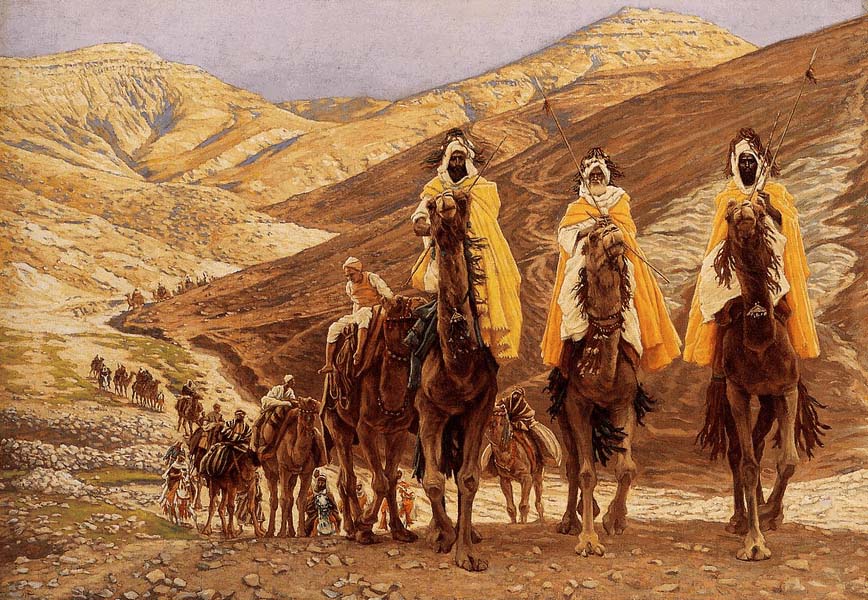
King Herod is the personification of authority gone astray, clinging to power and its privileges for the selfish satisfaction of his own self.

And the one mentioned by the Magi “the king of the Jews”– this new-born child, is ‘God-with-us’ giving to all of us the power of becoming truly children of God.
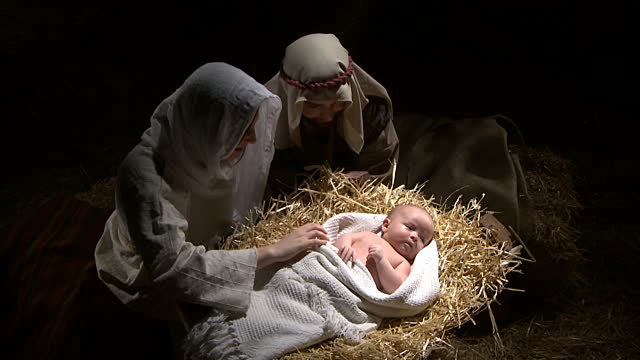
Someone having to overcome selfishness…
Someone newly-born as God’s own child!…
Note: Another reflection is available on a different theme in French at:
https://image-i-nations.com/fete-de-lepiphanie-annee-c/
Source: Image: Jesus Walk youtube.com istockphoto.com




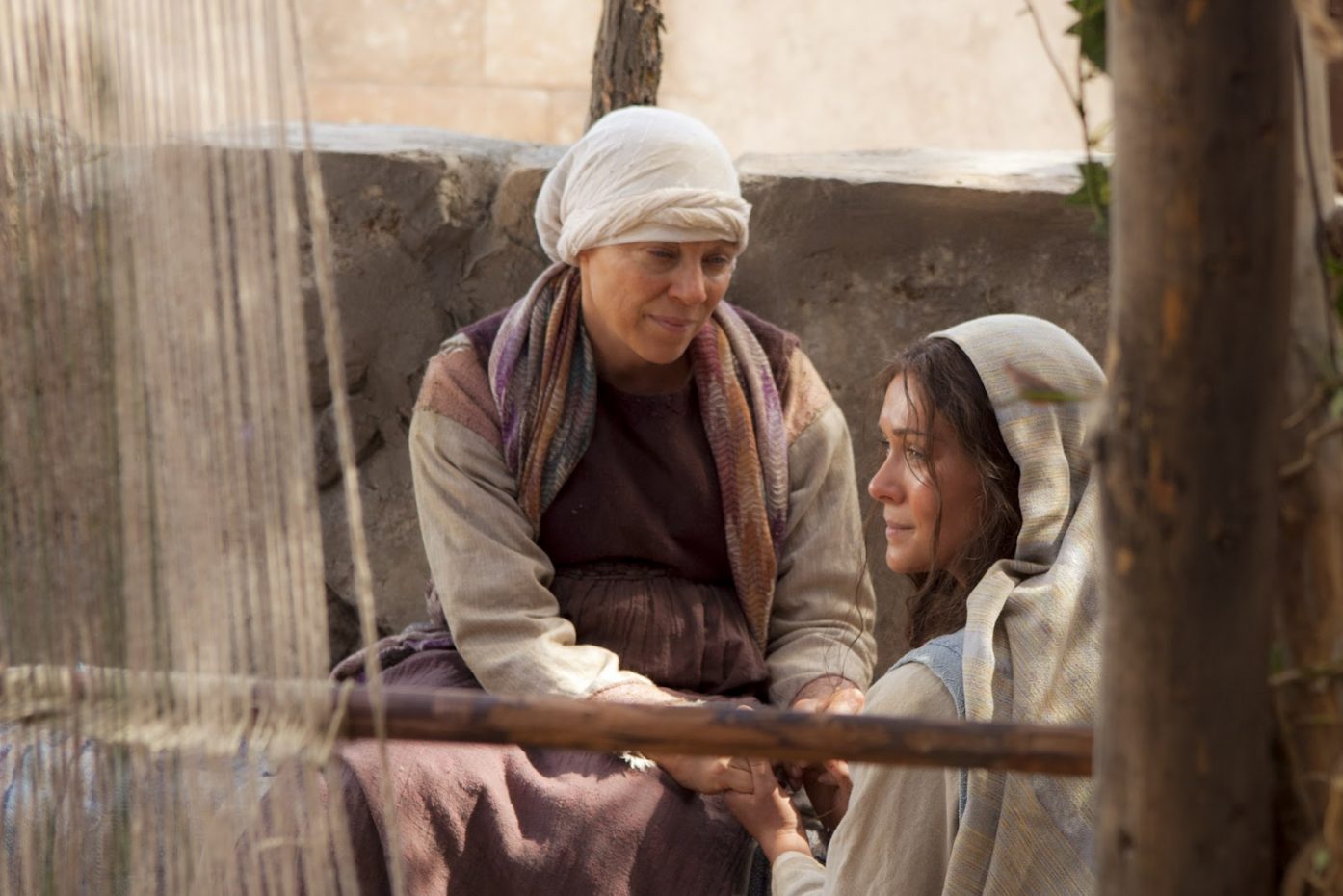
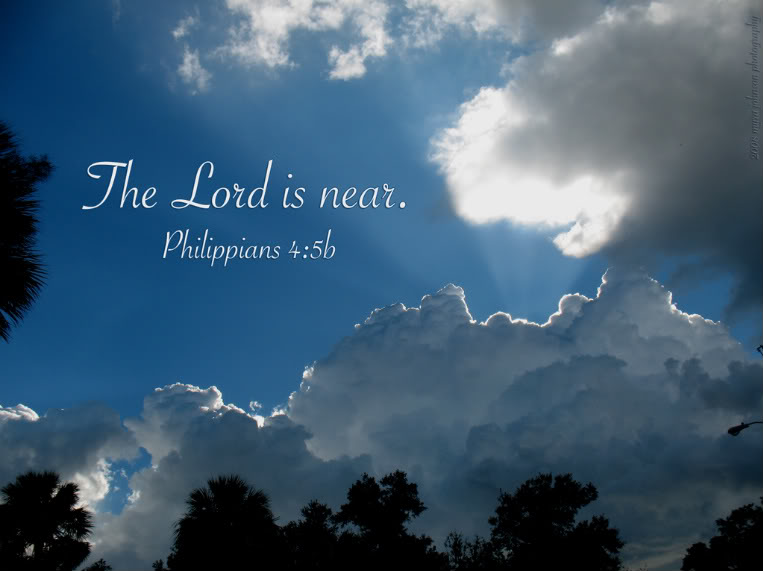

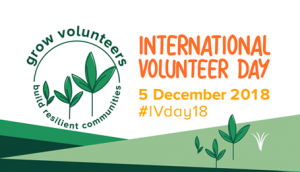 The United Nations (UN) annually observes the International Volunteer Day for Economic and Social Development on December 5. The day, which is also known as International Volunteer Day (IVD), gives volunteers a chance to work together on projects and campaigns promoting their contributions to economic and social development at local, national and international levels.
The United Nations (UN) annually observes the International Volunteer Day for Economic and Social Development on December 5. The day, which is also known as International Volunteer Day (IVD), gives volunteers a chance to work together on projects and campaigns promoting their contributions to economic and social development at local, national and international levels. The estimated one billion people living with disabilities worldwide face many barriers to inclusion in many key aspects of society. As a result, people with disabilities do not enjoy access to society on an equal basis with others, which includes areas of transportation, employment, and education as well as social and political participation.
The estimated one billion people living with disabilities worldwide face many barriers to inclusion in many key aspects of society. As a result, people with disabilities do not enjoy access to society on an equal basis with others, which includes areas of transportation, employment, and education as well as social and political participation.